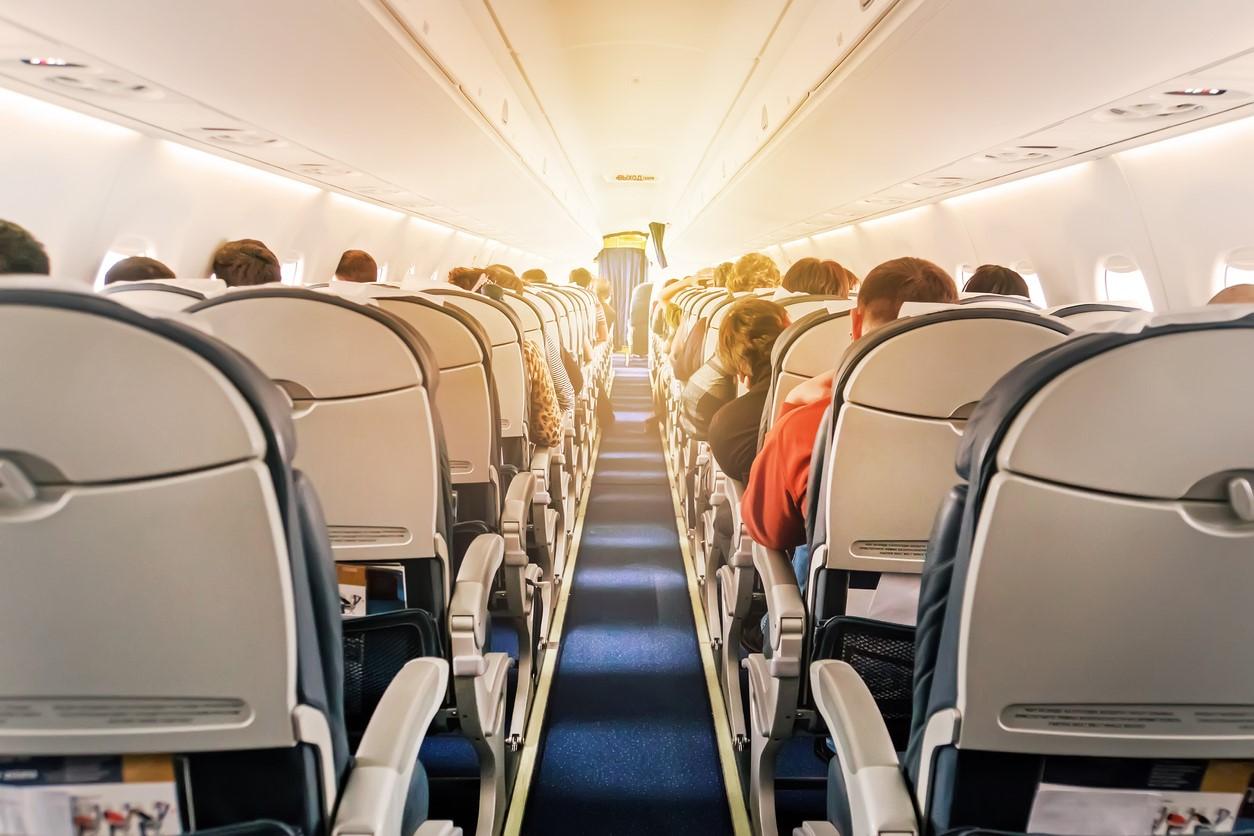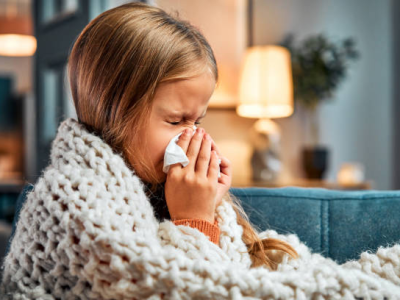Two new studies from Morbidity and Mortality Weekly Report highlight new findings about air travel amid COVID-19, with one showing that 81% of wastewater samples from airplane restrooms had SARS-CoV-2 Omicron variant genetic material in fall 2022, and the other suggesting that predeparture testing of international travelers was tied to a 52% lower positivity rate at arrival in the United States.
Wastewater surveillance as early warning
A team led by researchers from the US Centers for Disease Control and Prevention (CDC) evaluated wastewater samples collected from aircraft restrooms on incoming international flights at John F. Kennedy International Airport in New York City from Aug 1 to Sep 9, 2022.
The biotech company Gingko Bioworks collected about a quart of wastewater from each of 88 incoming flights from the United Kingdom, the Netherlands, and France, 80 of which were tested for SARS-CoV-2 using reverse transcription–polymerase chain reaction (RT-PCR) tests.
Sixty-five samples (81%) were positive, with the same proportion among the three originating countries. Researchers sequenced 27 SARS-CoV-2 genomes from 25 samples and identified various Omicron substrains (United Kingdom, 12 BA.5 and 1 BA.4.6; France, 8 BA.5; and Netherlands, 5 BA.5 and 1 BA.2.75).
The identified subvariants were consistent with the Western European sequences uploaded to the Global Initiative on Sharing Avian Influenza Data (GISAID) in that period, which were about 90% BA.5.
"This investigation demonstrated the feasibility of aircraft wastewater surveillance as a low-resource approach compared with individual testing to monitor SARS-CoV-2 variants without direct traveler involvement or disruption to airport operations," the authors wrote.
The researchers acknowledged several limitations, including dependence on restroom use during the flight, the inability to differentiate travelers with connecting flights, and potential carryover of SARS-CoV-2 RNA between flights unrelated to travelers. "Stringent genome coverage thresholds might reduce the likelihood of carryover variant identification on subsequent flights," the researchers wrote.
This investigation demonstrated the feasibility of aircraft wastewater surveillance as a low-resource approach compared with individual testing to monitor SARS-CoV-2 variants without direct traveler involvement or disruption to airport operations.
Wastewater surveillance can be used not only to monitor SARS-CoV-2 variants entering the United States but also on a surge basis to identify the source of outbreaks, the authors said. "In combination with traveler-based surveillance, aircraft wastewater monitoring can provide a complementary early warning system for the detection of SARS-CoV-2 variants and other pathogens of public health concern."
CDC still recommends pre-flight testing
Another study by the same group involved assessing the value of predeparture COVID-19 testing of US-bound international air travelers from Mar 20 to Sep 3, 2022.
The authors noted that, from Dec 6, 2021, to Jun 11, 2022, the United States required passengers on all inbound international flights to provide either a negative result from a COVID-19 test within 1 day of departure or provide proof of a SARS-CoV-2 infection within the previous 90 days. While the CDC no longer requires it, the agency still recommends predeparture testing.
Participating passengers arrived at one of four US airports in two 12-week periods during and after the predeparture testing requirement. The airports were located in New Jersey, New York, Georgia, and California.
From Mar 20 to Sep 3, 28,056 travelers from 24 countries were tested for COVID-19 using RT-PCR, for a total of 3,049 pooled samples. From Mar 20 to Jun 11, fully 13,190 (79.1%) of 16,668 volunteers in the CDC's Traveler-based Genomic Surveillance program reported undergoing predeparture testing, declining to 1,786 of 11,123 (16.1%) from Jun 12 to Sep 3.
A total of 22.7% of 3,049 pooled samples were positive for SARS-CoV-2, rising 56%—from 17.9% (291 of 1,622) in the early period to 28.0% (400 of 1,427) in the latter period. The increase was seen across countries, airports, incidence rates, pool size, age, and sex.
After adjustment, the pooled nasal swab specimens obtained during the requirement were 52% less likely to be positive for SARS-CoV-2 than those collected after the requirement was lifted, (adjusted odds ratio [aOR], 0.48).
The authors noted that in December 2022 their study results were used in combination with other evidence to mandate predeparture testing for travelers boarding flights to the United States from China after the lifting of zero-COVID measures in that country.
"These findings support predeparture testing as a tool for reducing travel-associated SARS-CoV-2 transmission and provide important real-world evidence that can guide decisions for future outbreaks and pandemics," they wrote.






















